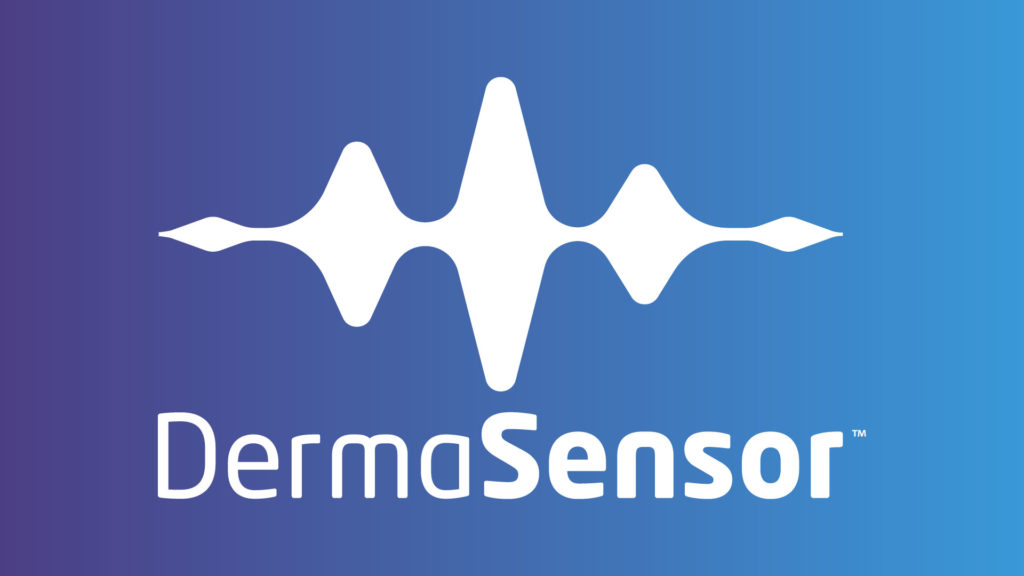SYDNEY, Australia, 15th August 2018: Today, DermaSensor, a medical device company that seeks to enable healthcare professionals to more effectively check for skin cancer, introduces its ground-breaking technology at the 17th World Congress on Cancers of the Skin, being held at the Sydney Convention and Exhibition Centre.
The World Congress on Cancers of the Skin is an influential event in the fields of melanoma and non-melanoma based skin cancer treatment. The Congress has become a major interdisciplinary and influential event for clinicians and scientists working in the challenging fields of melanoma and non-melanoma skin cancer. This exciting Congress brings over 1,000 attendees together from around the world.
Dr. Michael Bonning, Senior Director of Medical Affairs, Tori Fox, Marketing Manager ANZ, Christian Orb, Commercial Director, ANZ and Cody Simmons, DermaSensor CEO are in attendance conducting market research into the key product features and use-cases for the DermaSensor device; a revolutionary, world-first technology designed to augment clinician decision making by providing objective information about skin lesions risk for malignancy.
This exciting breakthrough was achieved using Elastic Scattering Spectroscopy, a technology pioneered at Boston University and University College London that uses light to evaluate cellular and sub-cellular structures of the skin.
“We are delighted to be showcasing DermaSensor’s technology at the World Congress on Cancers of the Skin and present it to leaders in skin cancer management,” explains Cody Simmons, CEO, DermaSensor. “We look forward to meeting key stakeholders and health professionals to better understand their and their patients’ needs for a skin health tool that’s efficient, accurate and affordable,” he says.
DermaSensor aims to improve the way general practitioners assess the skin. The handheld DermaSensor device takes five quick recordings via non-invasive sub-cellular scans. The company hopes this low-cost, easy-to-use device will enable patients to better access fast, accurate skin lesion assessments to ultimately improve skin cancer detection and outcomes.
